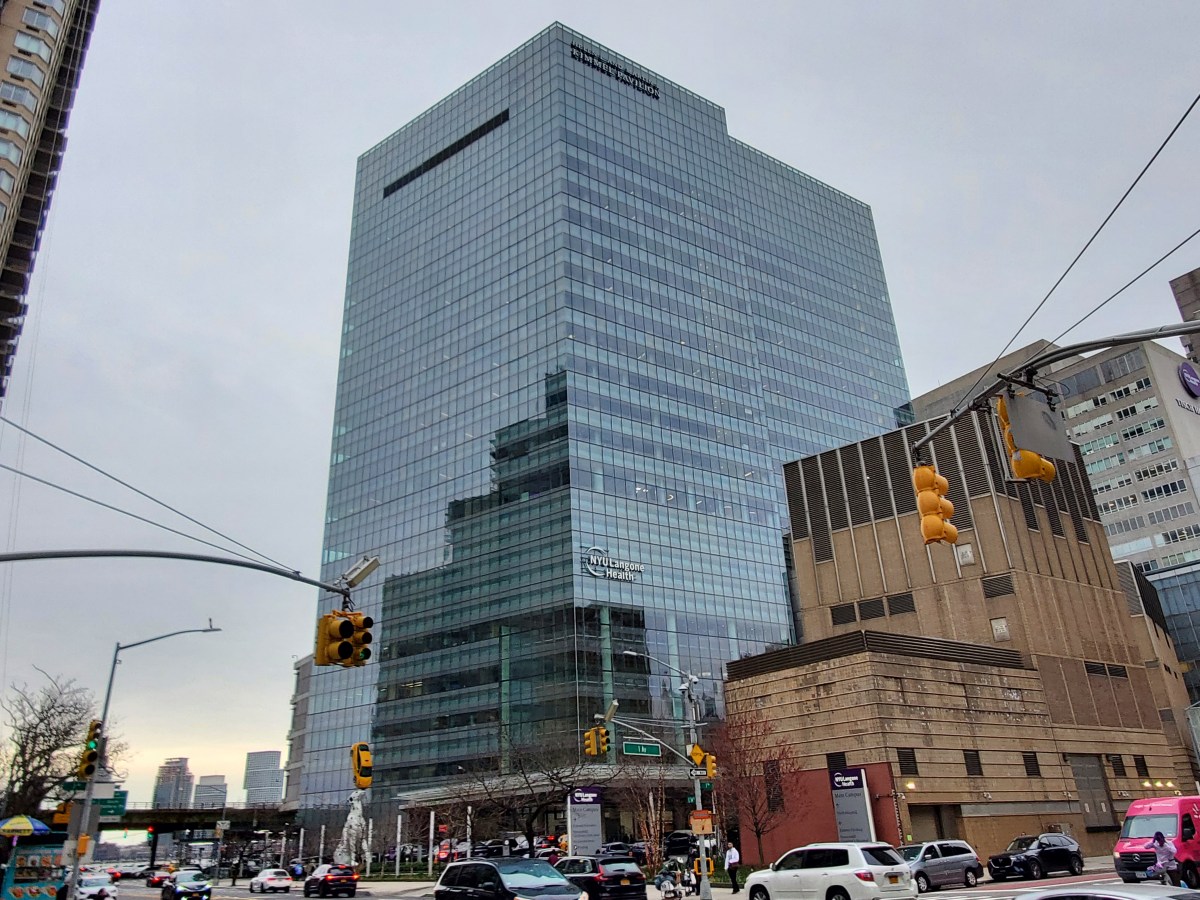TOPEKA, Kan. (AP) — Democratic Gov. Laura Kelly is more aggressive and openly political in pushing to expand Medicaid in Kansas as the Republican-controlled Legislature prepares to open its annual session Monday following five years of failed efforts to provide state health coverage to another 150,000 people.
Kelly faces leaders of GOP supermajorities whose priorities are to cut income taxes and rein in local property taxes, not to expand Medicaid.
But Kelly’s new plan includes hitting expansion-opposing Republicans hard later this year during races for legislative seats, an approach that cuts against years of self-branding as a bipartisan problem-solver who doesn’t care about politics.
“My previous approach, which has always been to try to bring people together and work collaboratively and come up with consensus and then get good policy on the books — that hasn’t worked,” Kelly said during a recent interview.
“Taking a more aggressive approach and — to be direct, a more political approach to it — might be the answer,” she added.
For months, Kelly has toured the state for news conferences and roundtables to build support for Medicaid expansion. She said she modeled her campaign on one by Democratic Gov. Roy Cooper in North Carolina, where a GOP-dominated legislature expanded coverage as of Dec. 1.
Kansas is among only 10 states that have not expanded Medicaid in line with the 2010 federal Affordable Care Act, which promises federal funds to cover 90% of the new costs. In two other states, Georgia and Mississippi, top Republicans have signaled willingness to discuss expansion this year so the issue isn’t a dead letter.
In Kansas, conservative opposition is rooted in small-government beliefs and decades of skepticism about social services. In the fall, House Speaker Dan Hawkins and Senate President Ty Masterson, both Wichita-area Republicans, derided Kelly’s events with business leaders, hospital administrators and health advocates as a “Welfare Express Tour” for “more government dependency.”
“It’s about not using taxpayer dollars to fund free healthcare for a new population of able-bodied childless adults who don’t want to work,” Hawkins said in an email.
For some Kansas residents, the issue is getting by.
In Newton, 46-year-old Robyn Adams works 15 to 20 hours a week while she cares for her 15-year-old daughter and uses a manufacturer’s program to avoid paying $1,500 every two weeks for shots to manage her rheumatoid arthritis.
She lost Medicaid coverage by working more hours, but not enough to qualify for federal subsidies for private insurance. Even covering a $40 copay before a doctor’s visit can be a financial challenge, so paying a larger monthly insurance premium is out of the question, she said.
“We need insurance, too,” she said of low-income families. “Without the expansion, I don’t know — a lot of families are going to be in trouble.”
To attract GOP votes, Kelly has mandated that those who would newly qualify for Medicaid verify annually they are working. But Masterson told reporters, “It really doesn’t change the underlying facts.”
In Kansas, childless adults without disabilities don’t qualify for Medicaid. Parents like Adams aren’t covered when their household incomes hit 38% of the federal poverty level. For a single parent of one child, it’s less than $7,500; for a family of four, it’s $11,400.
An expansion would make both groups eligible if they earn up to 138% of the federal poverty level. A single, childless adult could earn $20,100; a single parent and one child, about $27,200; and a family of four, $41,400.
Of the people who would qualify, 73% are in families with at least one full- or part-time worker, according to KFF, the research organization formerly known as the Kaiser Family Foundation. Many work in services and others are independent contractors, said Sean Gatewood, a former Kansas House member and spokesperson for the KanCare Advocates Network, a pro-expansion coalition.
Kelly’s plan would increase the cost of the Kansas Medicaid program by 31%, about $1.35 billion a year. However, federal funds would cover all but $135 million, with the state imposing fees on hospitals and large private health insurance companies for most of the rest.
The federal government also is offering remaining non-expansion states another financial bonus. A promise of an additional $1.8 billion over two years was crucial for GOP lawmakers in North Carolina. Kelly’s office expects Kansas to receive a total bonus of between $370 million and $450 million.
But even if there is enough support to pass a bill expanding eligibility, Hawkins, Masterson and their allies can keep a plan from even clearing committees. Democrats’ attempts to offer expansion plans during debates on other measures have been ruled out of order, and even Republicans backing expansion have stood with their leaders on that point.
Yet Kelly and other advocates see plenty of reasons to keep pushing, including North Carolina Gov. Cooper’s success.
Cooper argued GOP lawmakers in his state felt pressure from an unusual coalition that included rural chambers of commerce and “tough-on-crime Republican sheriffs” who felt they were dealing with too many people who simply needed access to health care, “not handcuffs.”
As for non-expansion states, Cooper said in a news conference: “I hope that they can take some of the lessons of the coalitions of people that we’ve been able to put together to try to succeed.”
Associated Press writer Gary Robertson in Raleigh, North Carolina, also contributed.

























